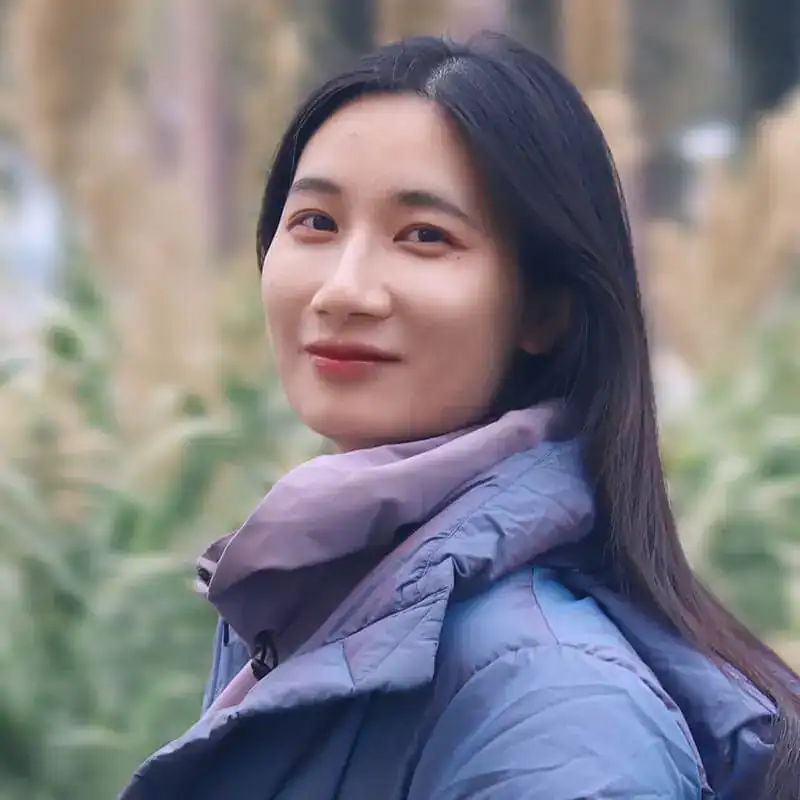Endometrial cancer is the most common gynecologic malignancy and claims thousands of lives annually. More than 50% of advanced cases relapse due to varied subsets of tumor cells that resist treatment and evade detection by traditional medical tools. These tools average data across tumors, missing critical differences between different regions.
Dr. Rongting Huang plans to tackle this challenge by creating comprehensive maps of tumors and their surroundings, revealing how cancer cells in different clones escape treatment by “rewiring” their local environment. Her pioneering approach combines advanced imaging and sequencing technologies to chart both genetic diversity and immune interactions across the tumor landscape. By unmasking these hidden dynamics, Dr. Huang will empower clinicians to deliver personalized treatments, guiding precision surgery or radiation to high-risk areas and unlocking combination immunotherapies. “This work will offer patients a roadmap to outmaneuver cancer’s complexity and reclaim hope,” she explains. Dr. Huang is a computational biologist “driven by the challenge of bridging cutting-edge computational tools with transformative cancer research.” During her PhD, she developed a statistical framework called XClone to detect subclonal genetic mutations. She later expanded this tool to map tumor heterogeneity, revealing how they interact with surrounding cells in the tumor environment. As a visiting researcher at Harvard Medical School, she developed spatialAE, a deep learning model for analyzing immune cell morphology. Now as a postdoctoral fellow, Dr. Huang is deploying her multi-disciplinary training to lead transformative studies in cancer evolution and precision medicine.
Sponsor
Brooke Howitt, MD, and Sizun Jiang, PhD
Research Focus
Endometrial cancer, cancer cell clones, tumor mapping
Projects and Grants
Informatics-driven spatial-omics for cancer immunotherapy discovery in gynecologic cancers
